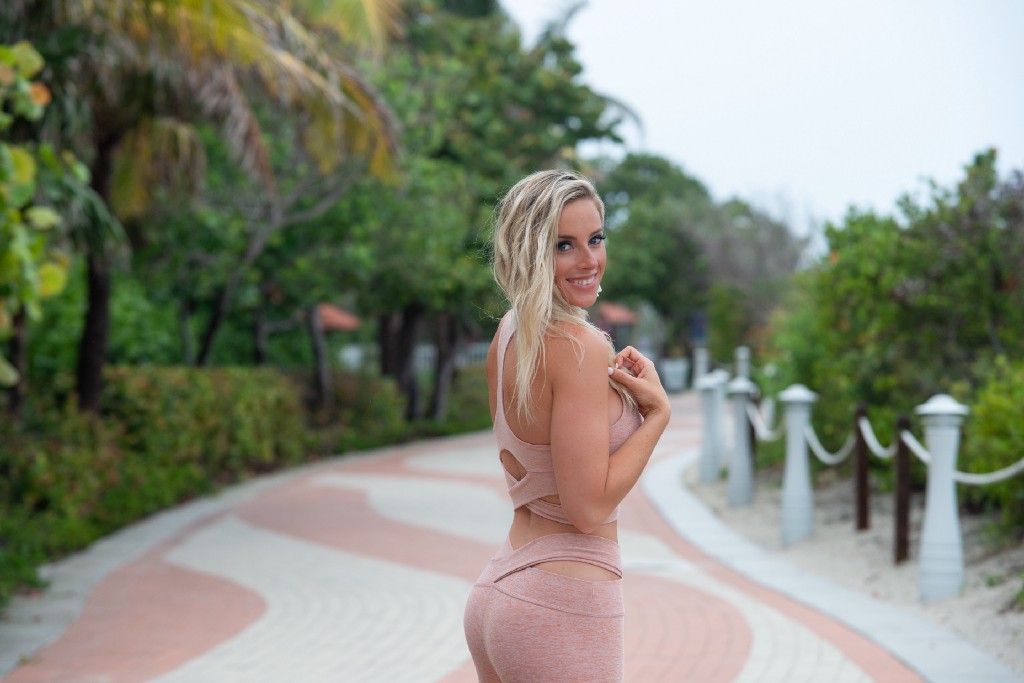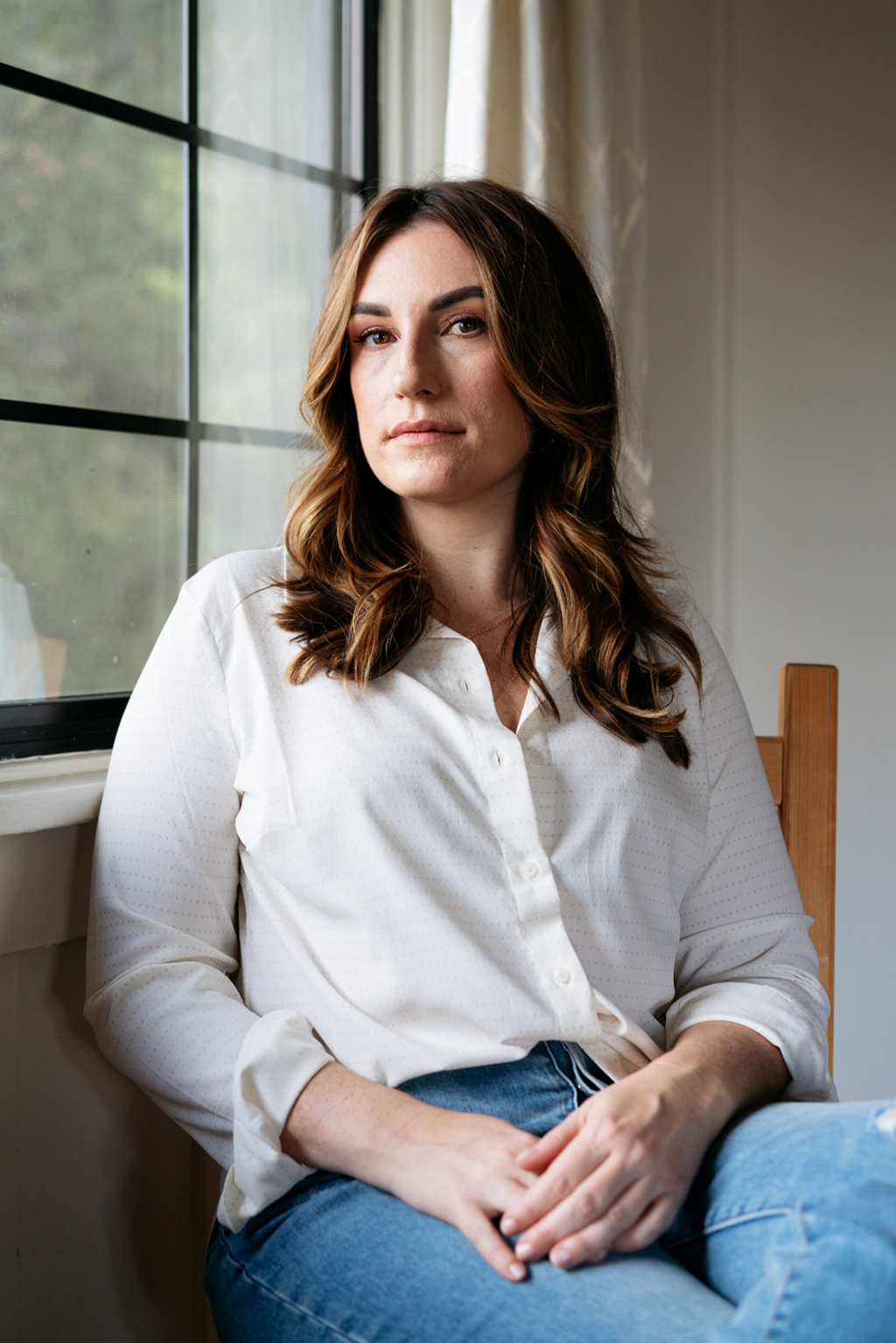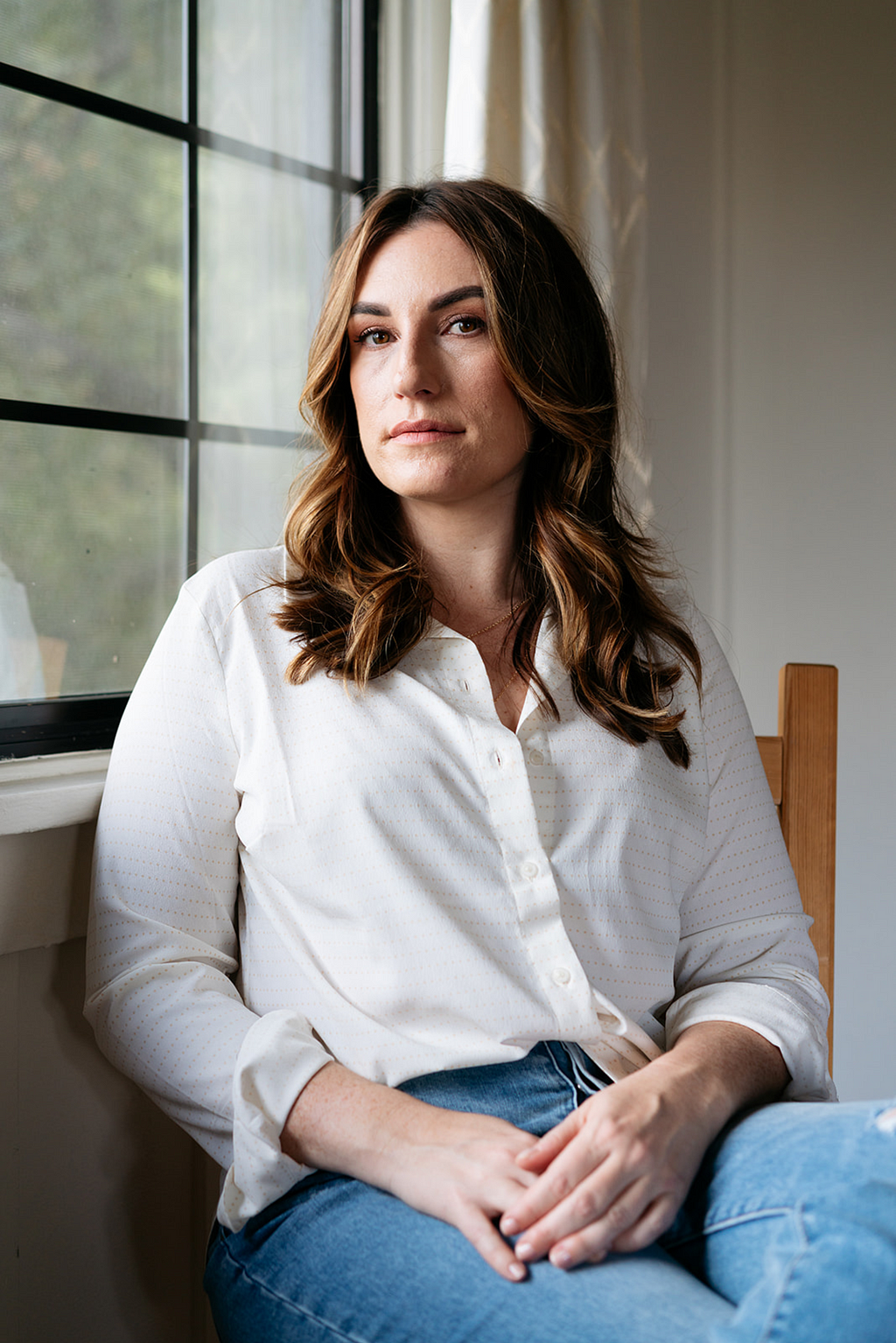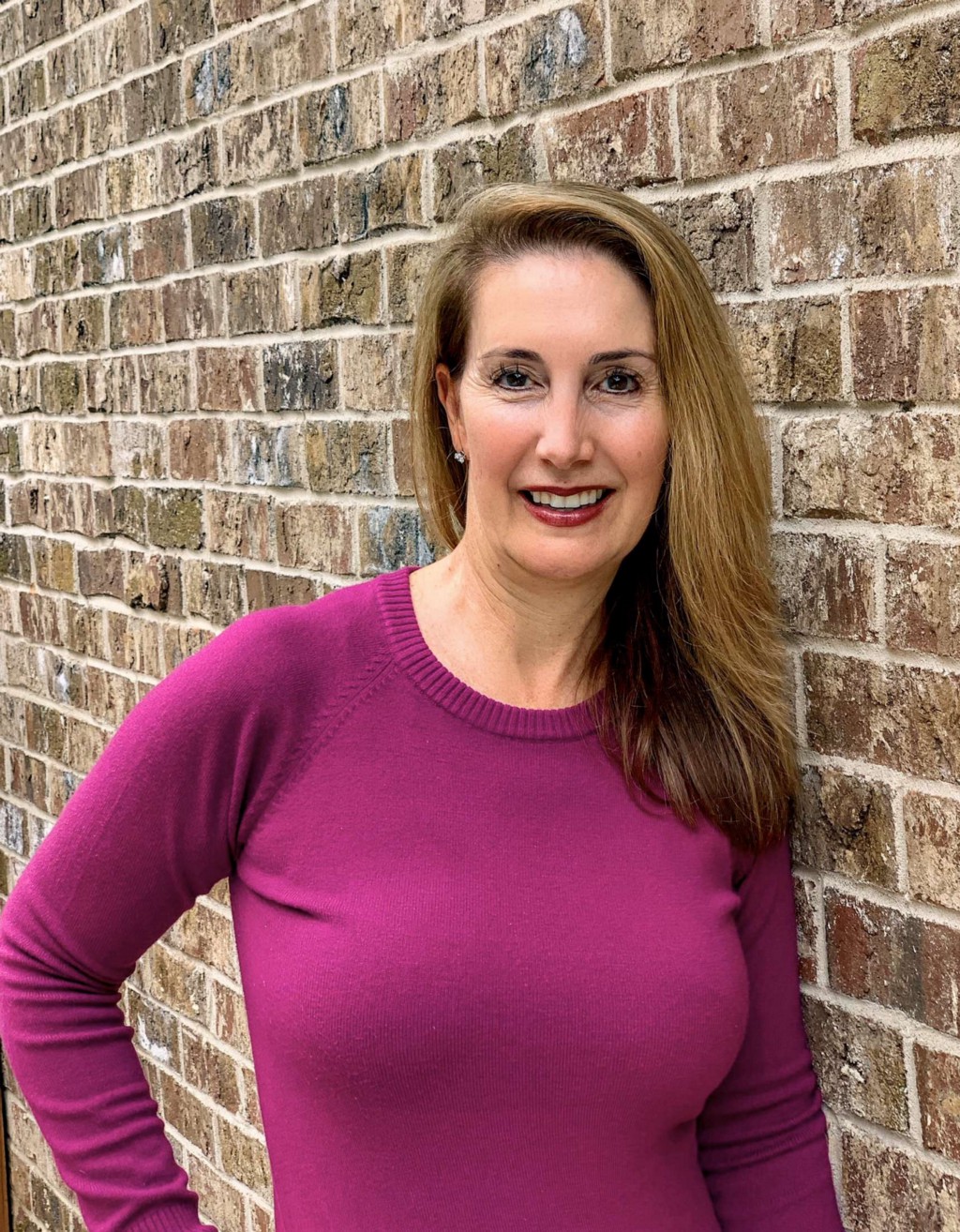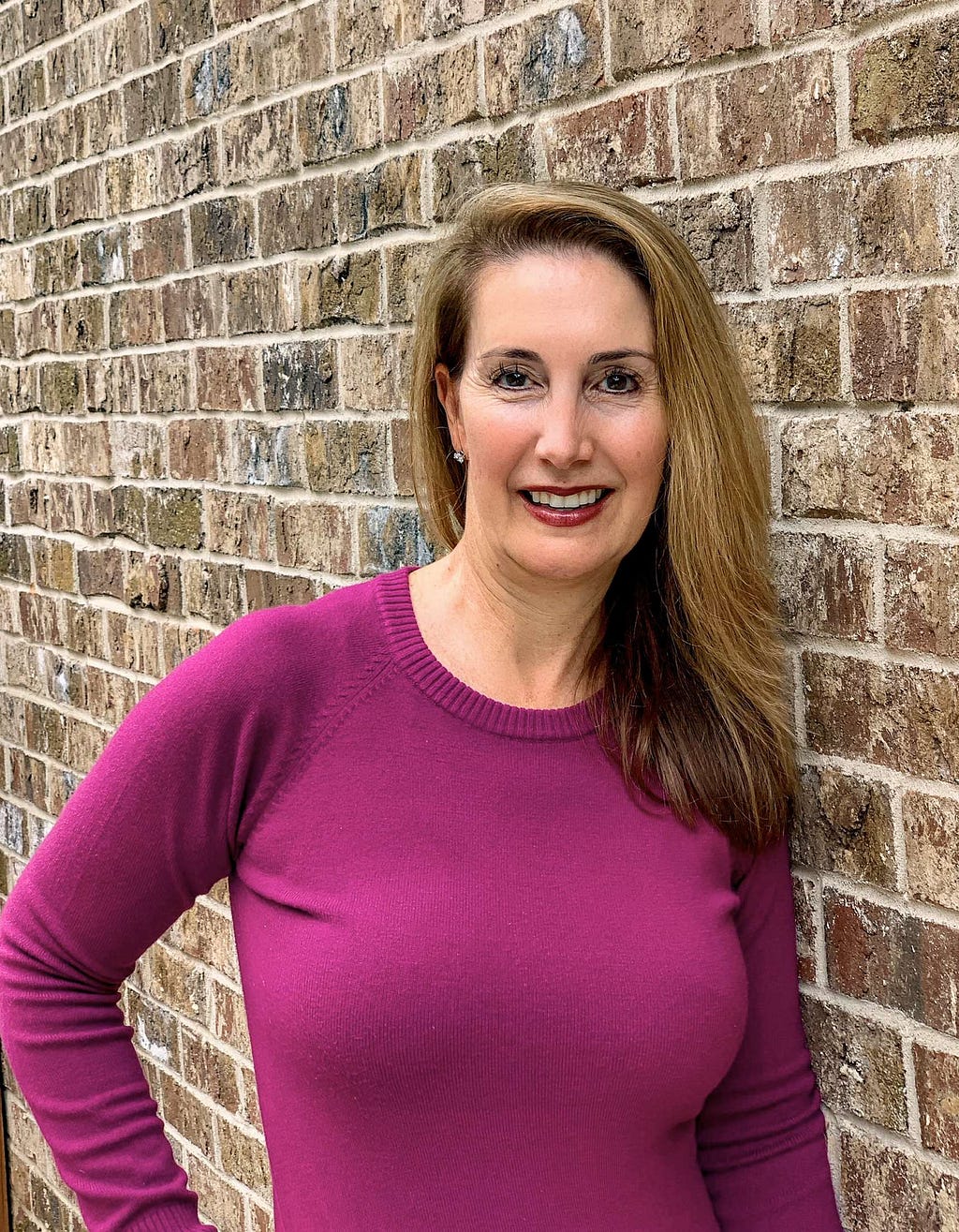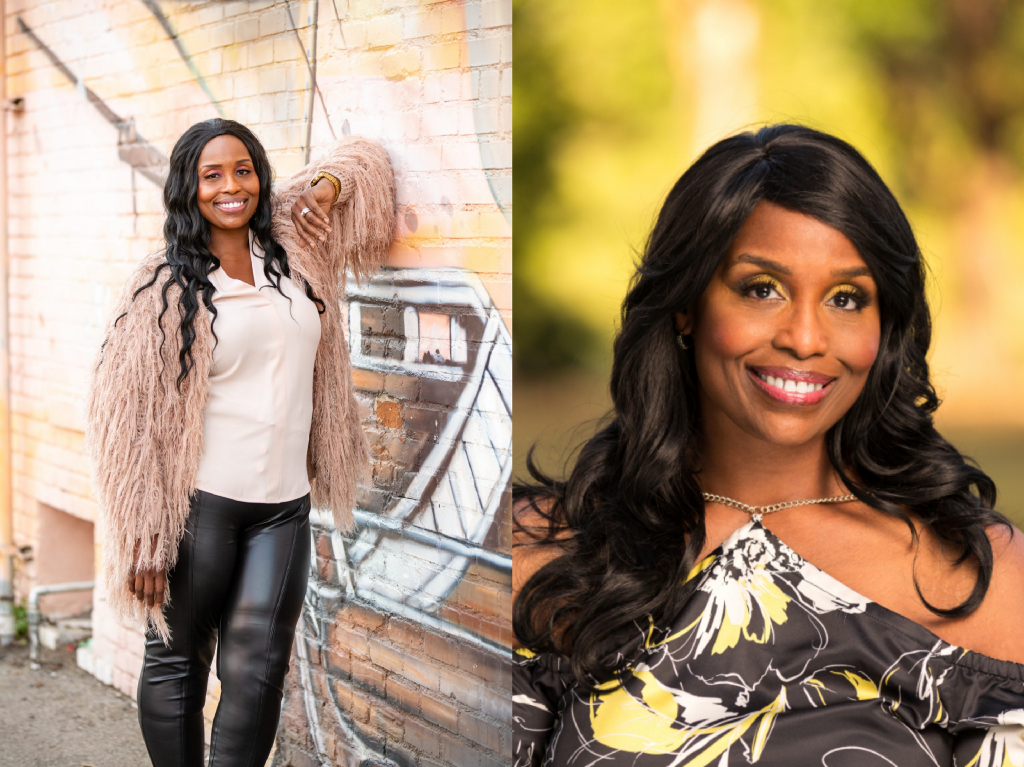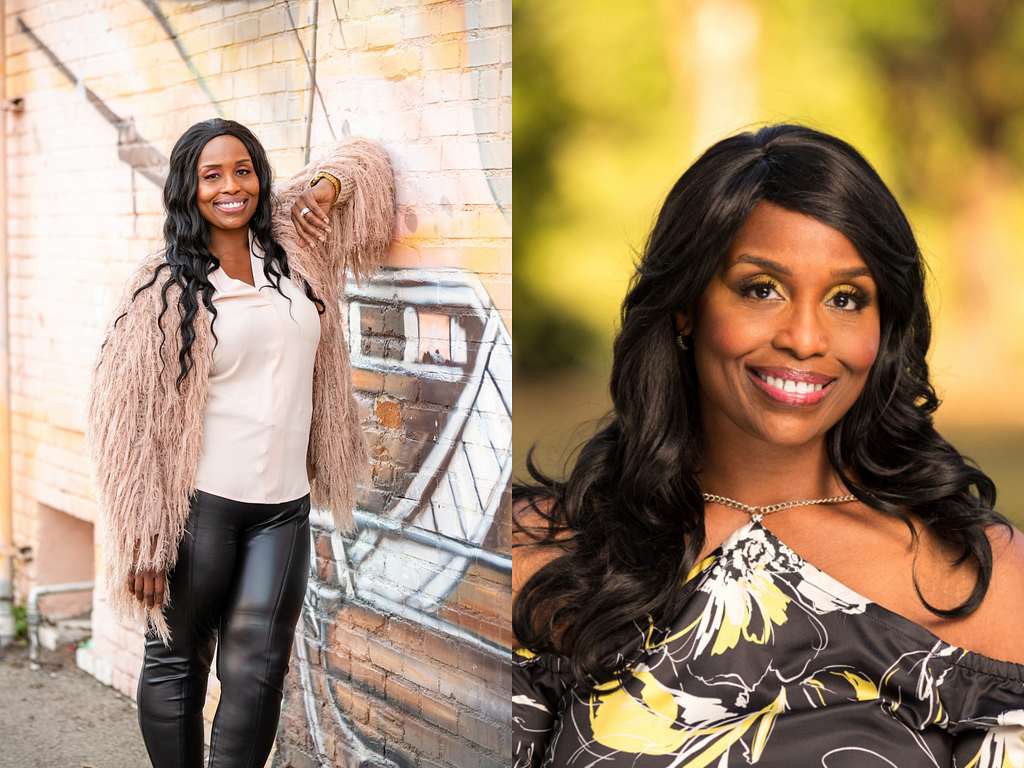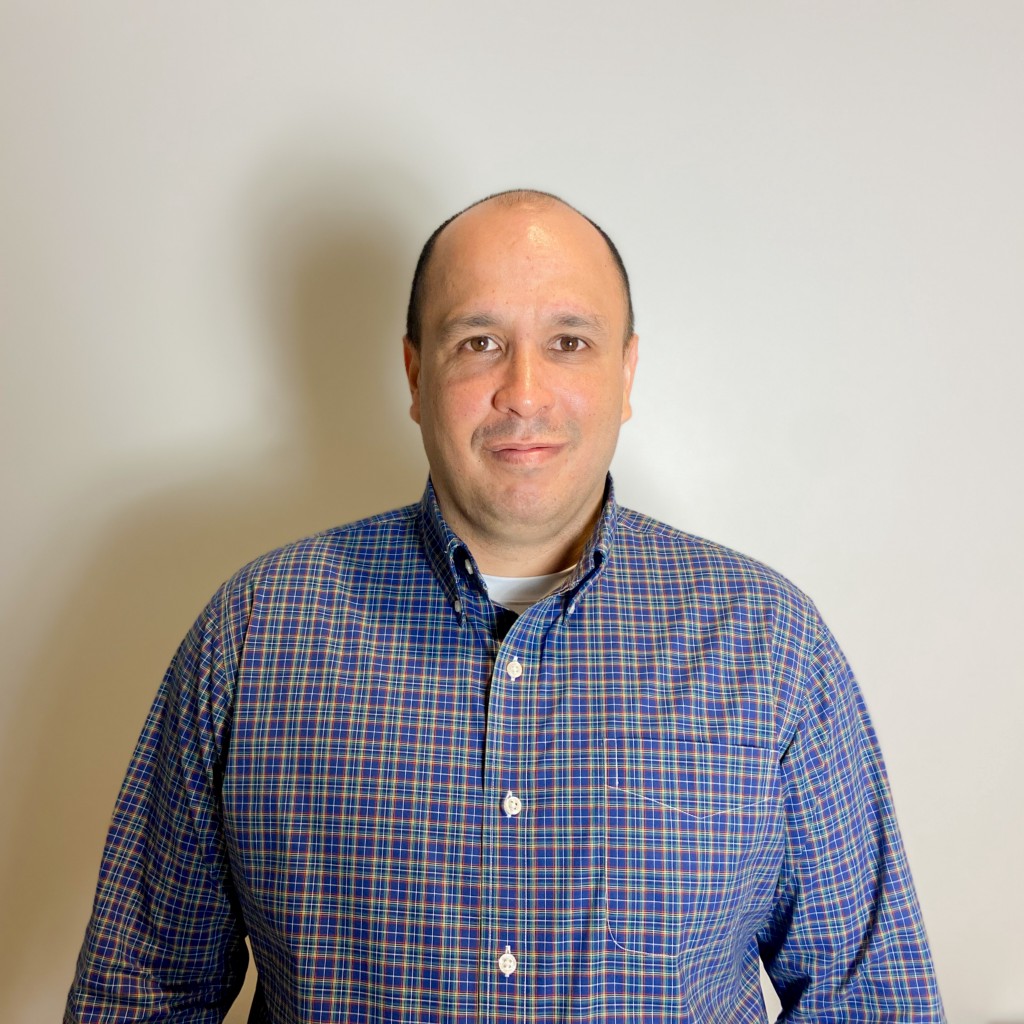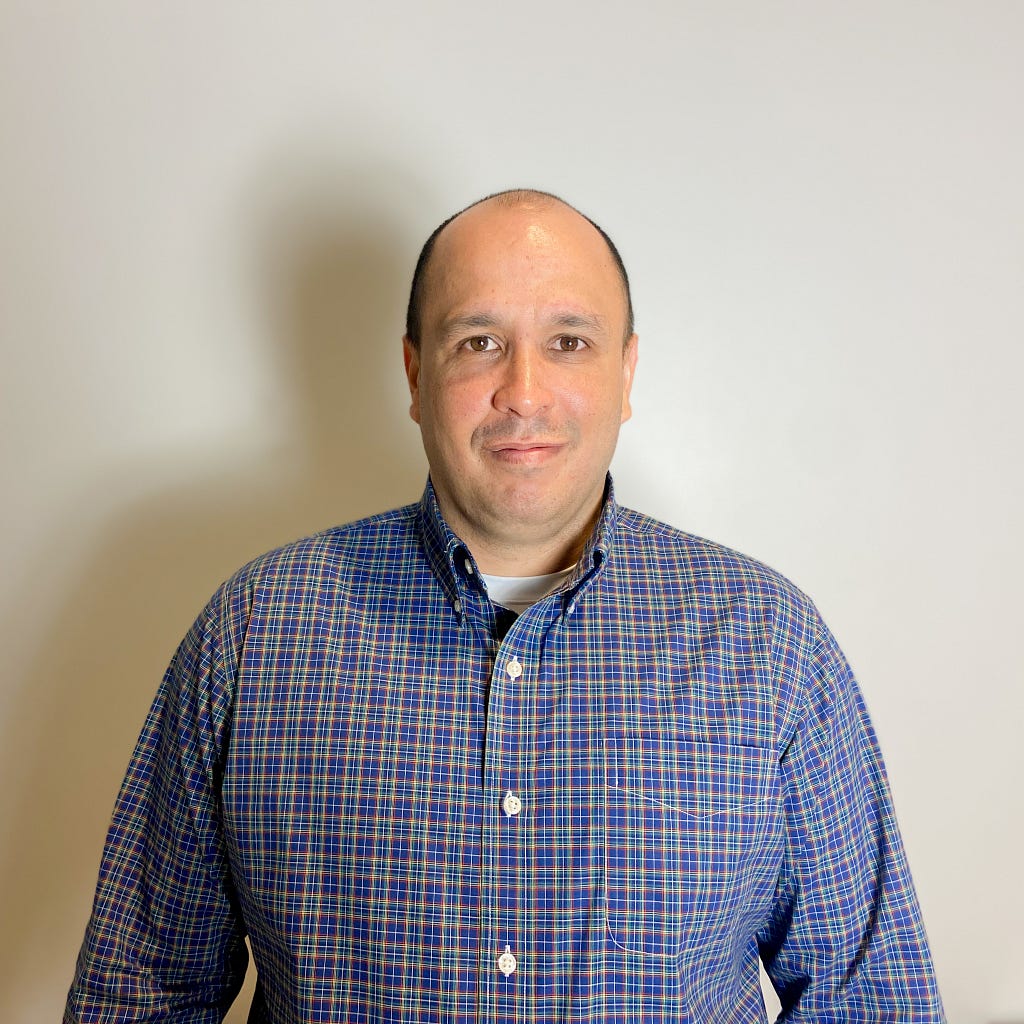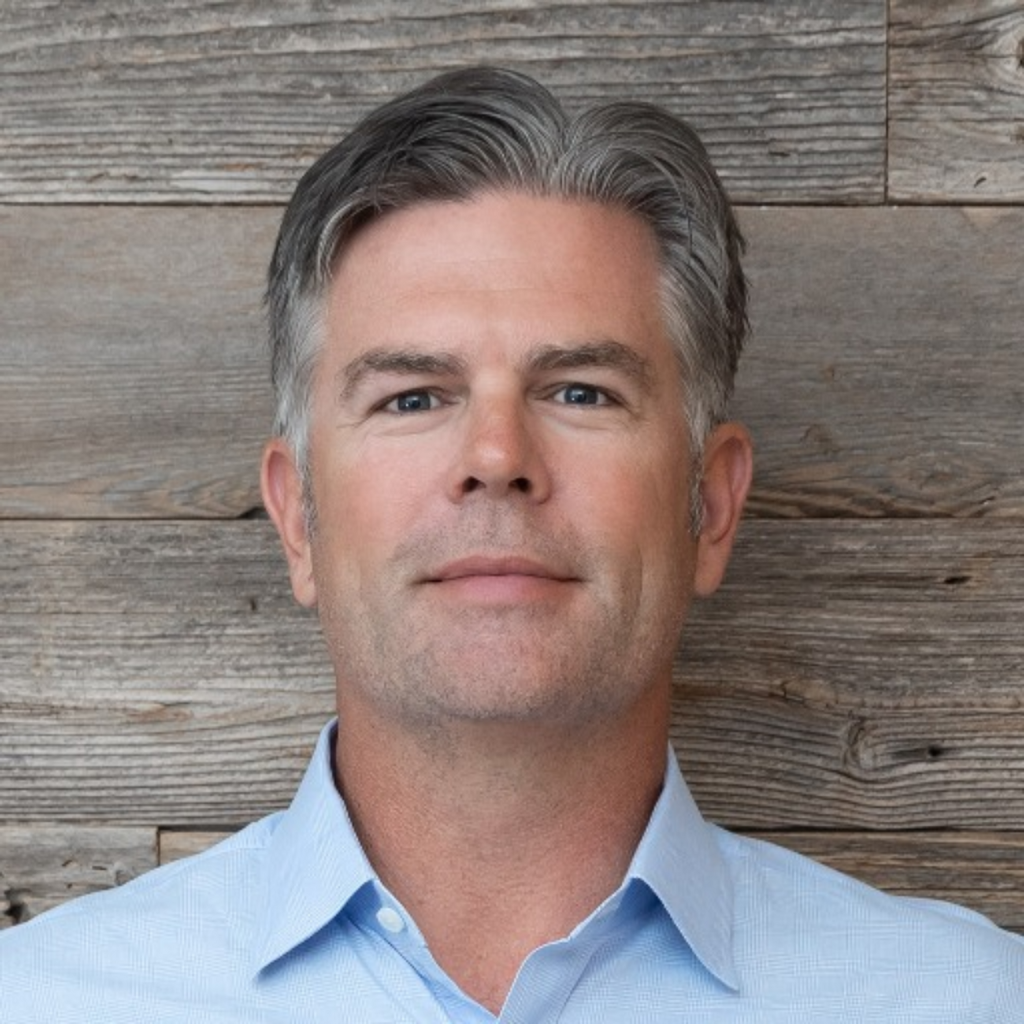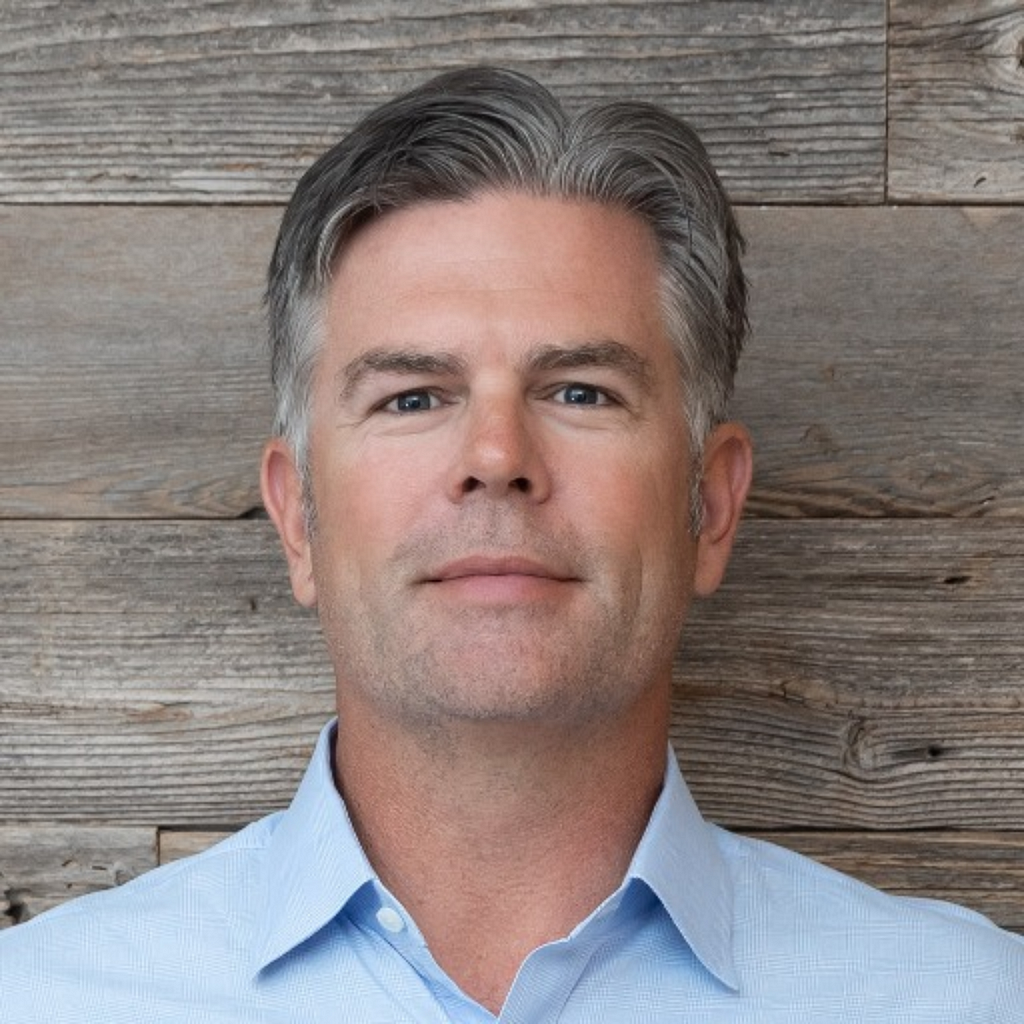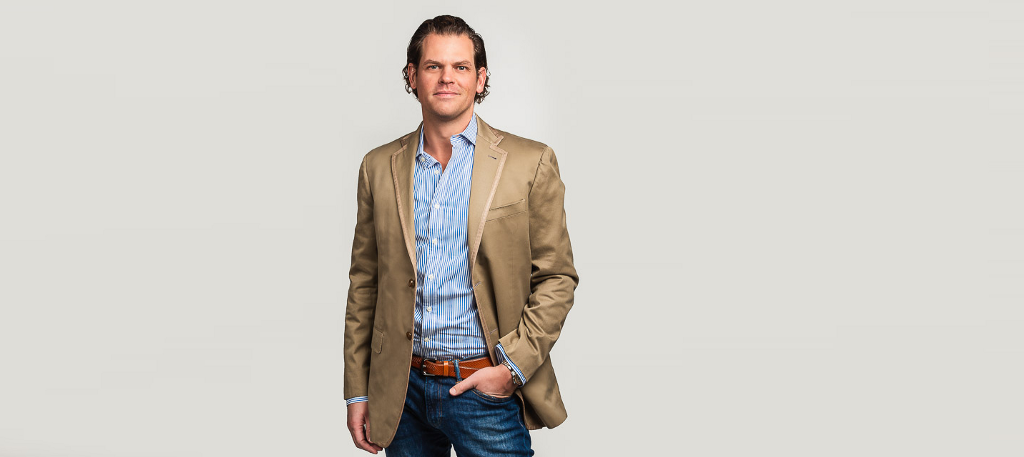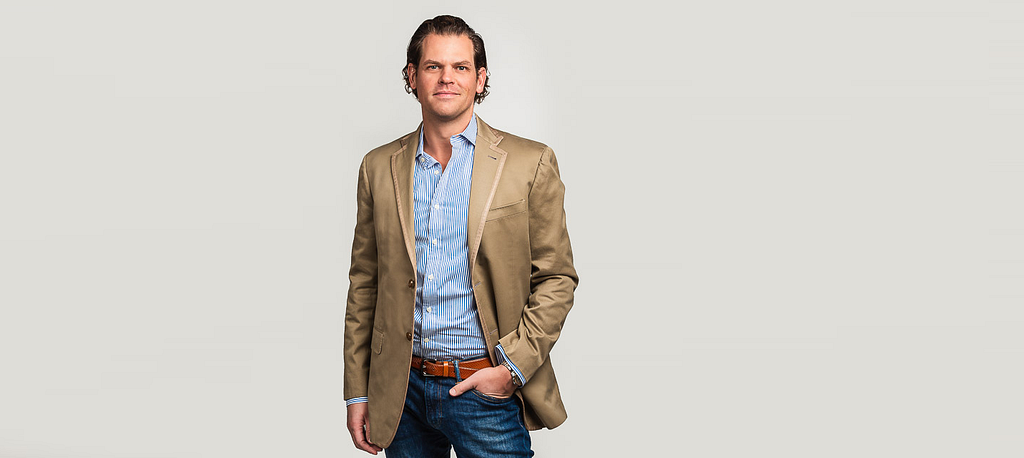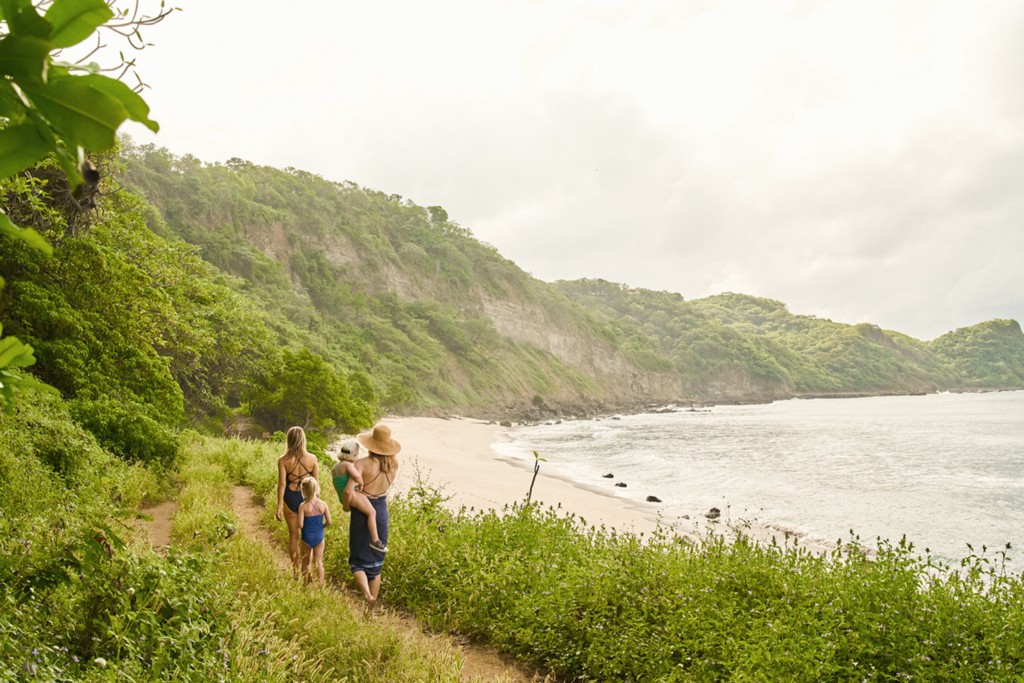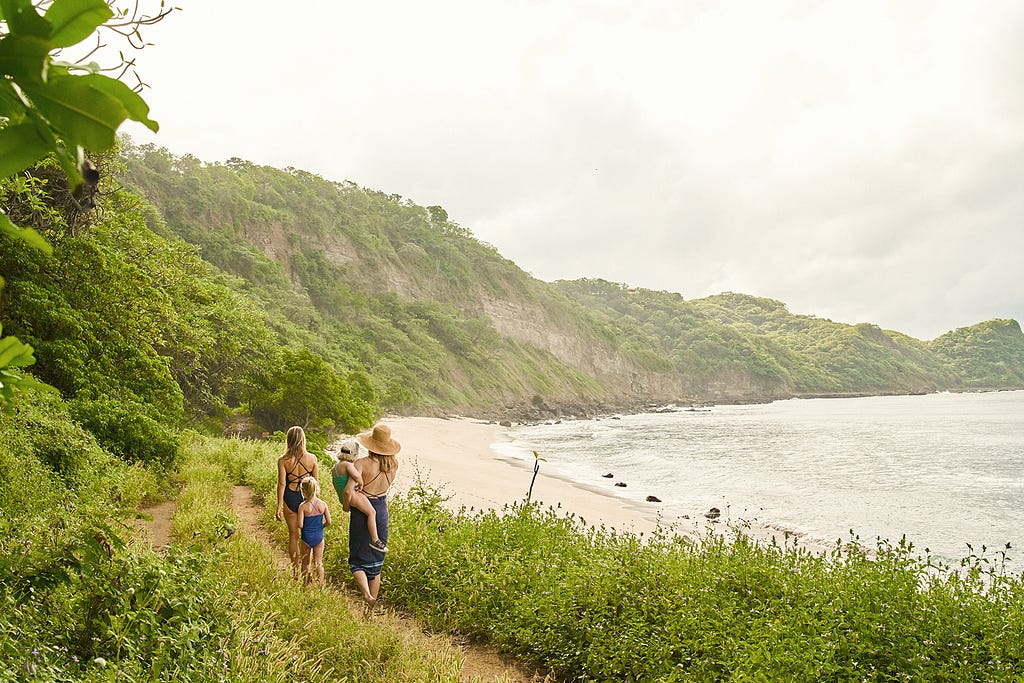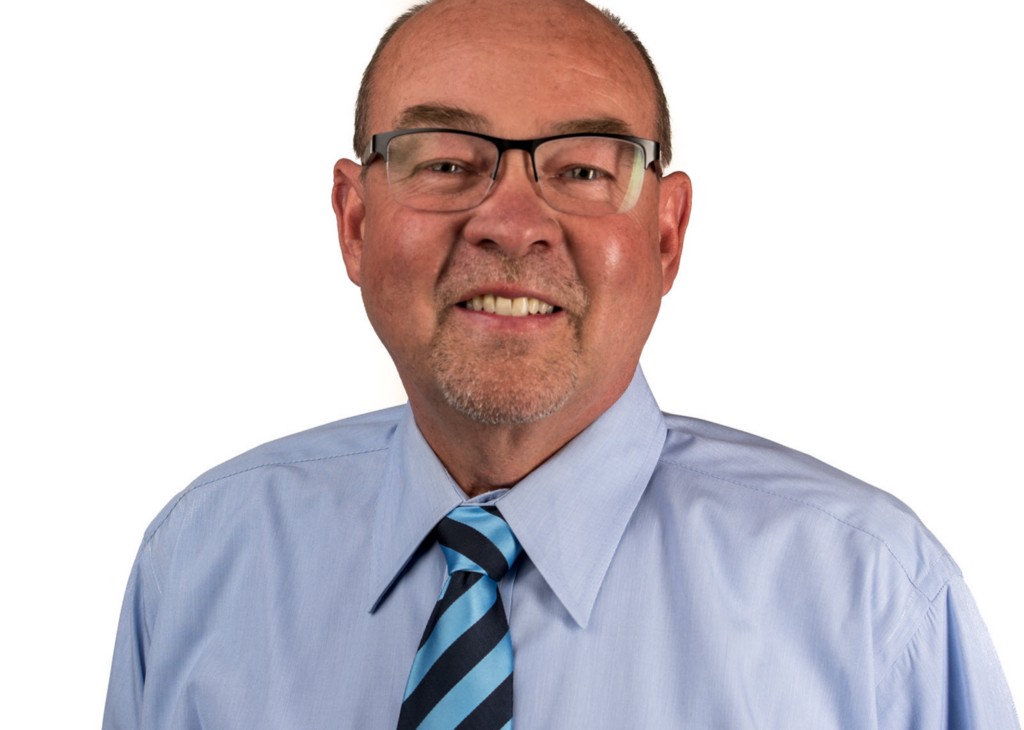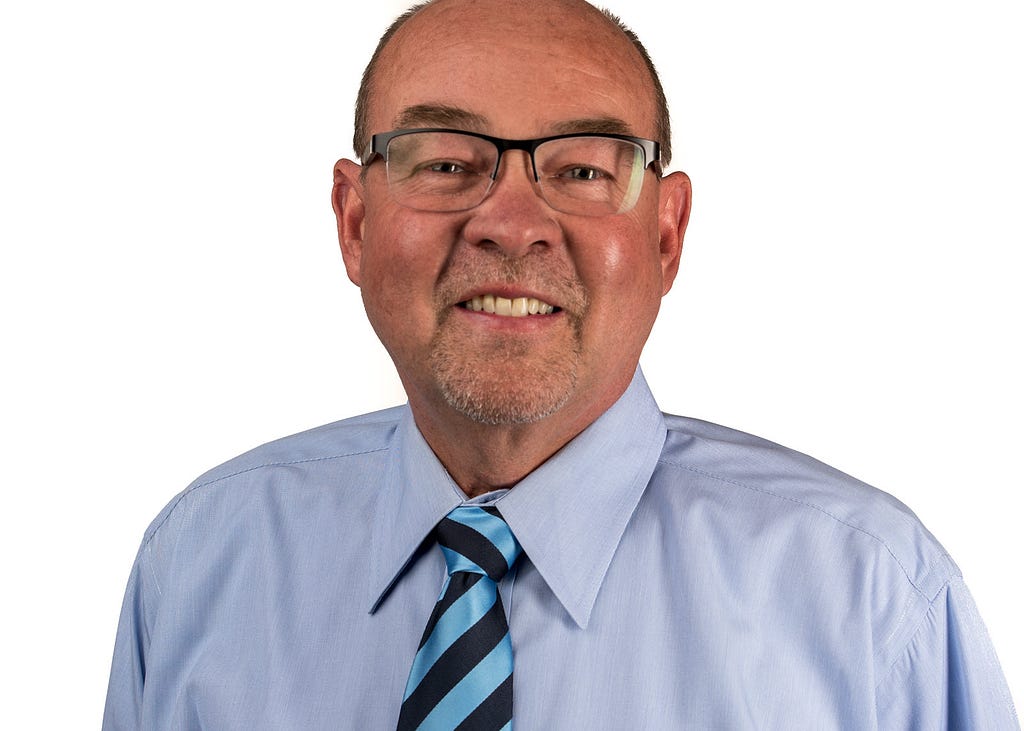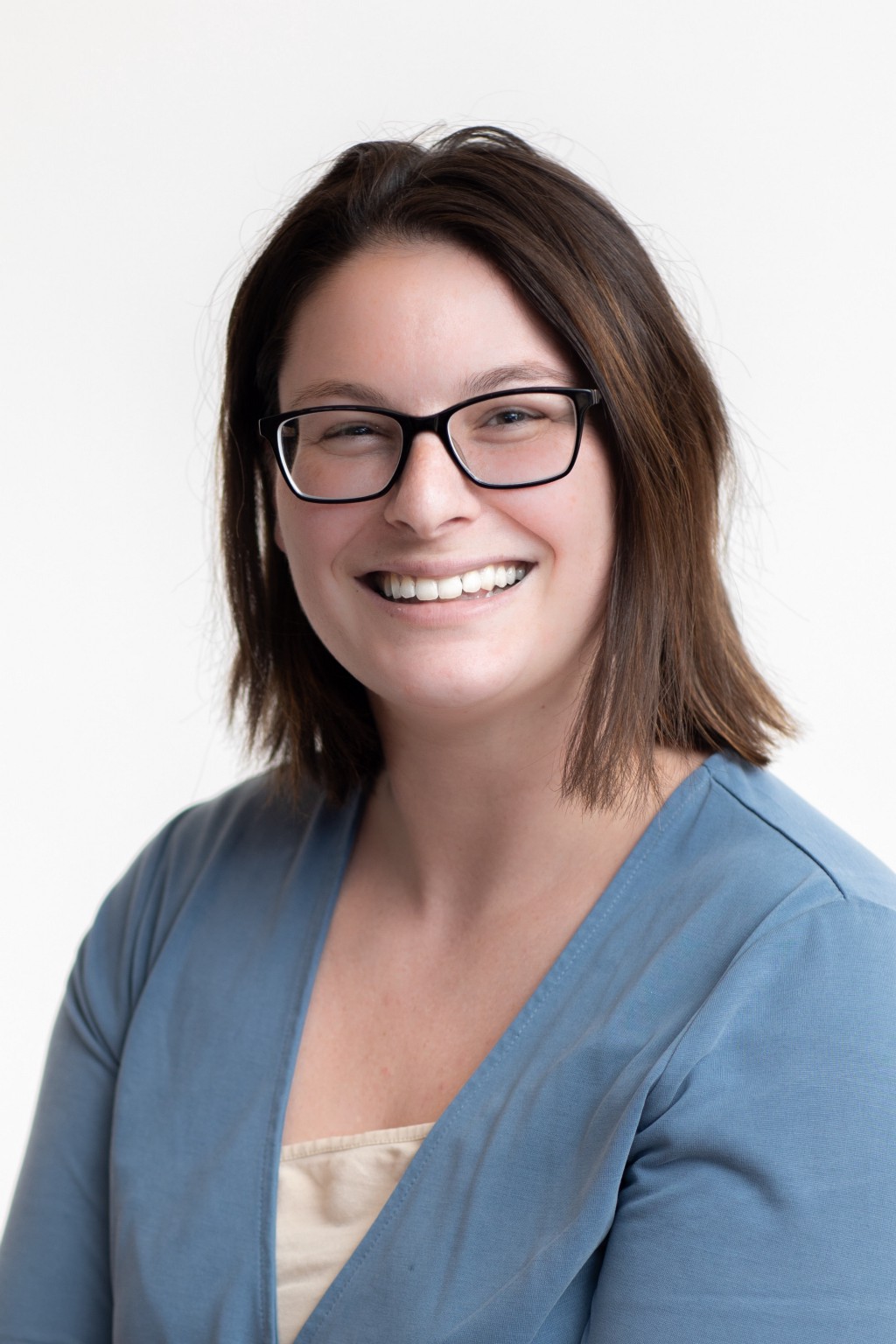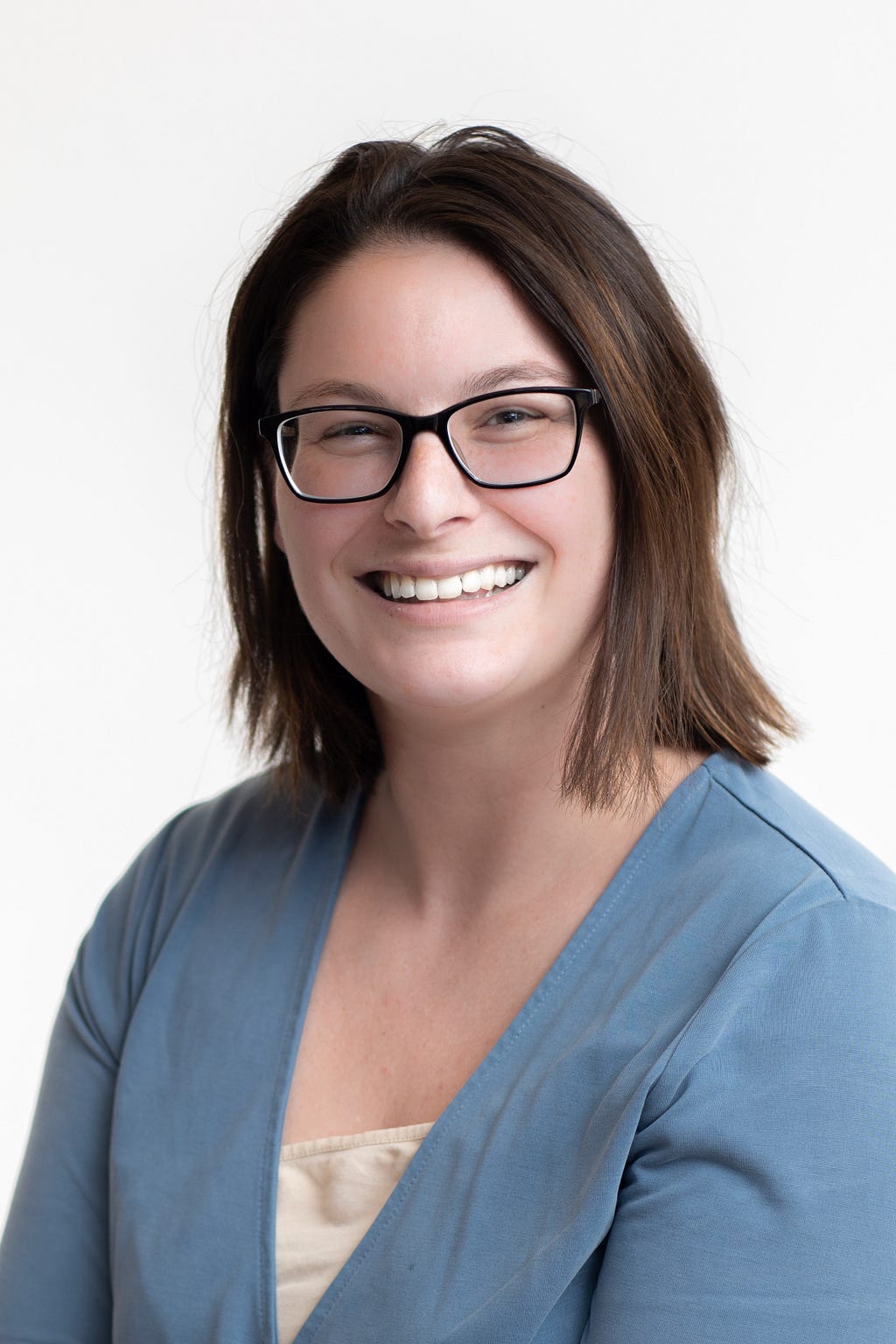Women In Wellness: Lindsay Huelse of ‘The Fitt Cycle’ on the Five Lifestyle Tweaks That Will Help Support People’s Journey Towards Better Wellbeing
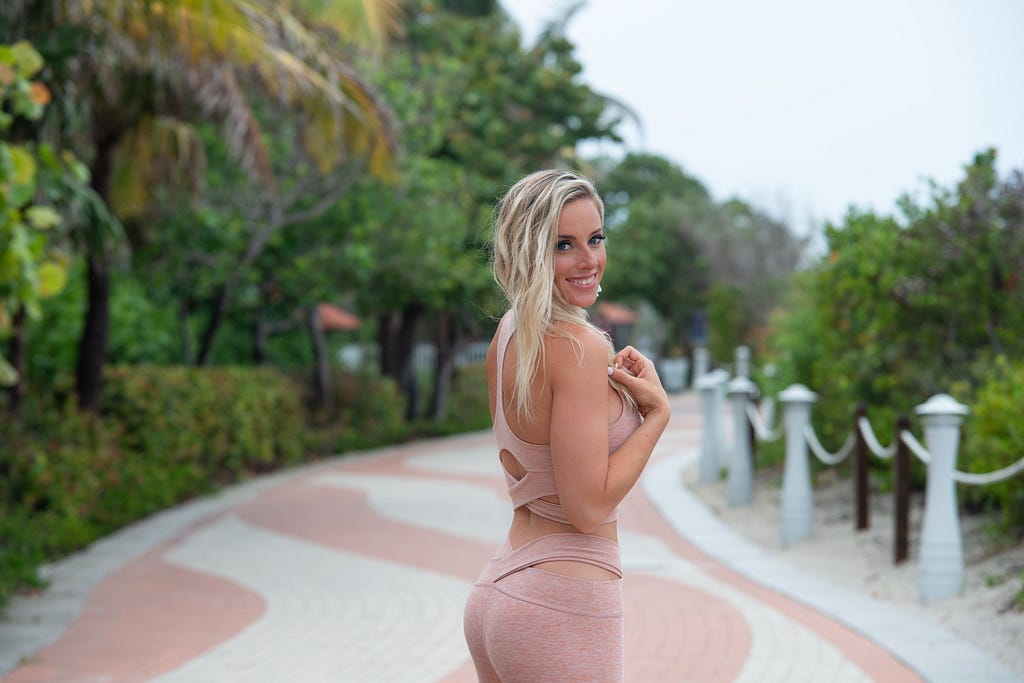
Hands down, the number one and first thing I always mention is intermittent fasting. Intermittent fasting helps with health and wellness on a cellular level without even needing to exercise or change what you’re eating… it’s just about changing WHEN you’re eating.
As a part of my series about the women in wellness, I had the pleasure of interviewing Lindsay Huelse, Founder of The FITT Cycle.
Lindsay Huelse is a fitness expert, entrepreneur, and creator of popular female wellness app, The FITT Cycle.
As a Registered Nurse, Lindsay worked in the intensive care unit until 2018. As a geriatric nurse, she enjoyed educating the elderly on manageable ways to change their diet and reduce inflammation, something they’re not always willing to do.
After retiring from nursing, Lindsay energetically began a new journey in approachable healthcare, helping thousands of women transform their lives. Her experience as a nurse has given her the ability to understand health history and apply nutritional strategies in creating a versatile lifestyle for clients.
A retired nurse, Lindsay is now a certified nutrition coach and self-proclaimed “queen of carb cycling,” a regimen that focuses on alternating daily carbohydrate intake to promote weight loss and overcome weight loss plateaus.
The mission at The Fitt Cycle is to equip clients with the tools needed to ditch the quick fixes and create a sustainable lifestyle. With multiple features, including carb cycling macros and an in-app nutrition tracker for weight loss success; daily workouts and targeted training for the home or gym; an in-app guide to intermittent fasting with a timer to indicate when the fasting window is complete; a community to keep members accountable; and a library of more than 250 recipes, The FITT Cycle app is truly customizable for your health, wellness, and fitness goals.
Learn more about The FITT Cycle at https://thefittcycle.com/.
Thank you so much for doing this with us! Our readers would love to “get to know you” better. Can you share your “backstory” with us?
I started my “health and wellness” journey as a registered nurse graduating from Texas Tech University. I progressed to the ICU and took various step-down cardiac units. I love the ICU but it was more of saving that next life without having a chance to connect with the patient. I found myself wanting more, so I started to work for a local home health and hospice company. I started as a field nurse, treating people in their homes, working my way up the corporate ladder to the Regional Director of Sales for North Texas. If the Fitt Cycle was no more, and I went back into the workforce, I would go back to home health and hospice, I loved it so much. My only problem was that I felt like I was getting there too late; I could educate the patients on certain diets to follow, or movements to decrease exacerbations of their heart disease but it wasn’t really sticking. This is where I fell in love with teaching women the preventative measure, we can do early on to decrease the chances of us experiencing those chronic diseases. All along this “career” journey I was constantly learning new things about fitness. I obtained my personal trainers certification, small group fitness certification, and various nutrition certifications along the way. It really started to stick when I was implementing what I learned in regards to the science behind carb cycling and intermittent fasting, that women started to ask what I was doing, and how can I help them. I realized there was such a need to reframe women’s mentality around carbs and eating in general. So, I started my online business, originally as a 6 week program but with the foresight of knowing I would eventually want to build a mobile app platform for my program. I started my membership which helped to fund a multiple 6 figure mobile app build. That is also something I can proudly say, is that The Fitt Cycle is debt free and completely self made.
Can you share the most interesting story that happened to you since you started your career? What were the main lessons or takeaways from that story?
Experiencing the impact of COVID 19 has been the most interesting thing that has happened since I started my business. I have learned that pivoting and connecting with/keeping your customer/client’s best interests in mind, thinking of them as actual human beings and not just a number, and letting them know that we’re here to support them during this unprecedented time really went a long ways with continuing to create a platform build on trust and loyalty.
Can you share a story about the biggest mistake you made when you were first starting? Can you tell us what lesson you learned from that?
Wow! I sure do feel like I’ve made a lot of big mistakes along this short entrepreneurial journey but there is one that sticks out. When I was first starting my business I ended up trusting a few of the wrong people who completely took advantage of me, my company, and my platform. It taught me to be extremely careful with whom I allow in my inner circle and how I trust people with the intricacies of my business. I also look at it as a situation that was helping to build my character and helping me to become the woman and CEO that I want and need to be.
None of us are able to achieve success without some help along the way. Is there a particular person who you are grateful towards who helped get you to where you are? Can you share a story about that?
As cliche as it sounds, I wouldn’t be where I am today without the support and guidance from my husband, Jordan. I think a lot of women who start their entrepreneurial journeys don’t necessarily have a support system helping to build them up. From Day 1 when I was participating in other people’s fitness programs, he was always telling me I should create my own! And when I had my own, he was the one saying, “You need to make your program an app.” He has helped me to think bigger and longer term/end game, he’s always inspiring me to get more education, read more books, go back to school, get different certifications. He’s also very realistic and business minded and talks me off the ledge when I need it!
Ok perfect. Now let’s jump to our main focus. When it comes to health and wellness, how is the work you are doing helping to make a bigger impact in the world?
I am truly on a mission to help women ditch the quick fix mindset and create a sustainable lifestyle, while also fostering a community where women can come together and support each other, cheer each other on, and have a judgement free zone while gaining their confidence back. Not just confidence in their body… confidence in themselves as a mom, a caregiver, confidence in their eating choices, etc. Training women NOW that food is fuel and it’s not bad… will completely change the conversation in front of their daughters and children at the dinner table, changing the way young girls view food, exercise, and their own bodies. I want to change the narrative.
Can you share your top five “lifestyle tweaks” that you believe will help support people’s journey towards better wellbeing? Please give an example or story for each.
1. Hands down, the number one and first thing I always mention is intermittent fasting. Intermittent fasting helps with health and wellness on a cellular level without even needing to exercise or change what you’re eating… it’s just about changing WHEN you’re eating.
2. I would also encourage someone to just get up and start walking. Walking is the most underutilized and underestimated fat loss tool we have. Not to mention the many mental health benefits it provides. And it comes natural to most of us. We just have to carve out the time to get those steps in. I would recommend starting at 8k steps a day and work your way up as you can.
3. Add in some sort of resistance training, whether it’s with bands or dumbbells or going to the gym.
4. Carve out some quiet time for yourself to set your intentions and goals for the day/week/year and write down what you’re grateful for today. I usually like to pick 5 things I’m grateful for every morning, big or small. And then at the end of the day reflect on everything that went WELL that day, rather than dwelling on everything you have to do the next day. Be present with what is GOOD.
5. In fact, we just wrapped up a free 5-day challenge involving all of these tips I mentioned, and we had women reporting a loss of over 7 lbs in less than 5 days!
If you could start a movement that would bring the most amount of wellness to the most amount of people, what would that be?
I would like to create a #iamfitt movement where women get to define what success and being fit and healthy looks like to THEM. Not based on what society tells them “fit” “skinny” and “healthy” is.
What are your “5 Things I Wish Someone Told Me Before I Started” and why
Sustainability, veganism, mental health and environmental changes are big topics at the moment. Which one of these causes is dearest to you, and why?
I wish that someone would have told me how detrimental to my mental, hormonal, physical and internal health quick fixes, diet pills, and deprivation diets are. I have spent YEARS reversing metabolic damage from all the trendy fad diets that came along in my younger years. This is why I’m so passionate about creating a sustainable lifestyle for women… not a quick fix that takes you’re on an emotional and hormonal roller coaster! So sustainability would have to be the big topic that is near and dear to my heart. If you can find a wellness lifestyle that you enjoy and be in for the long game. You will be so much happier!
What is the best way our readers can follow you on social media?
The best place to find me is on instagram @lindsayhuelse or @thefittcycle
Women In Wellness: Lindsay Huelse of ‘The Fitt Cycle’ on the Five Lifestyle Tweaks That Will Help… was originally published in Authority Magazine on Medium, where people are continuing the conversation by highlighting and responding to this story.


